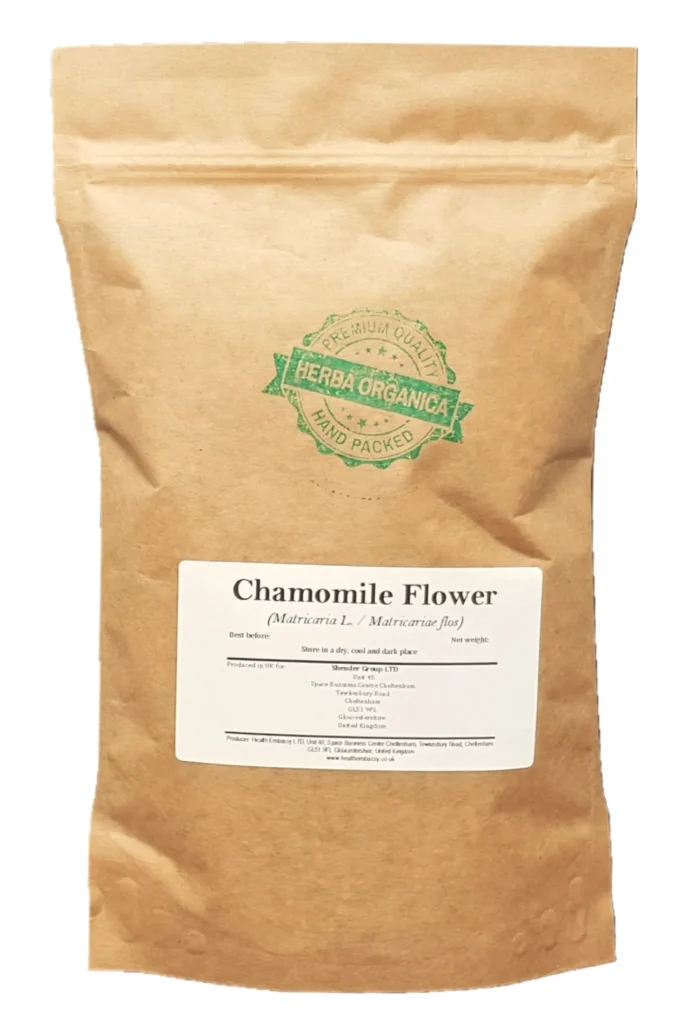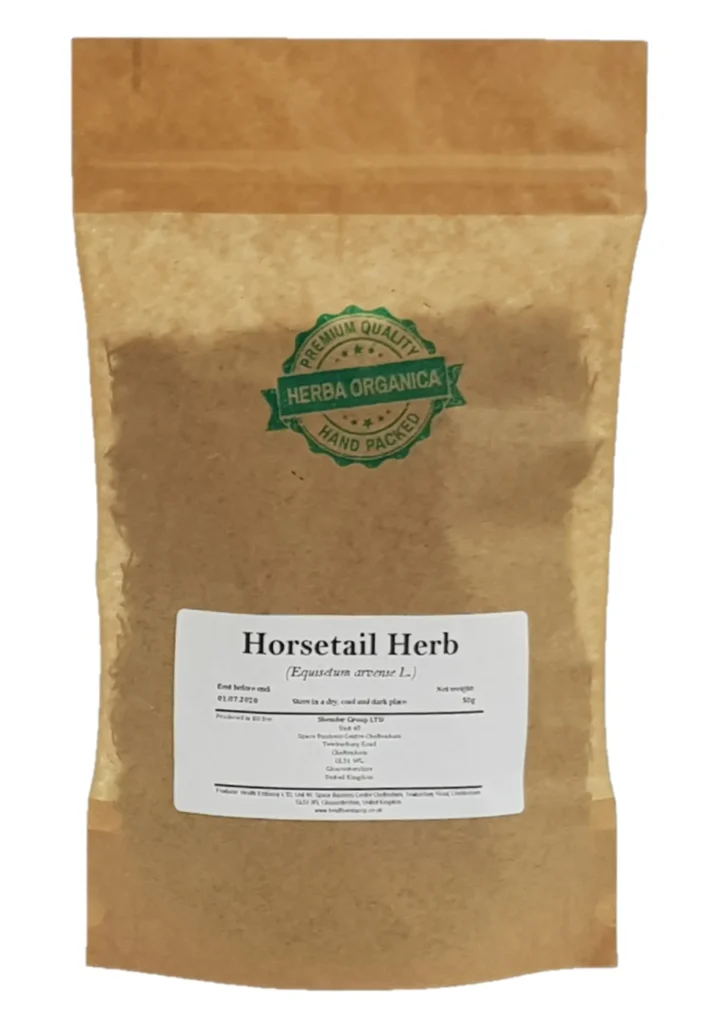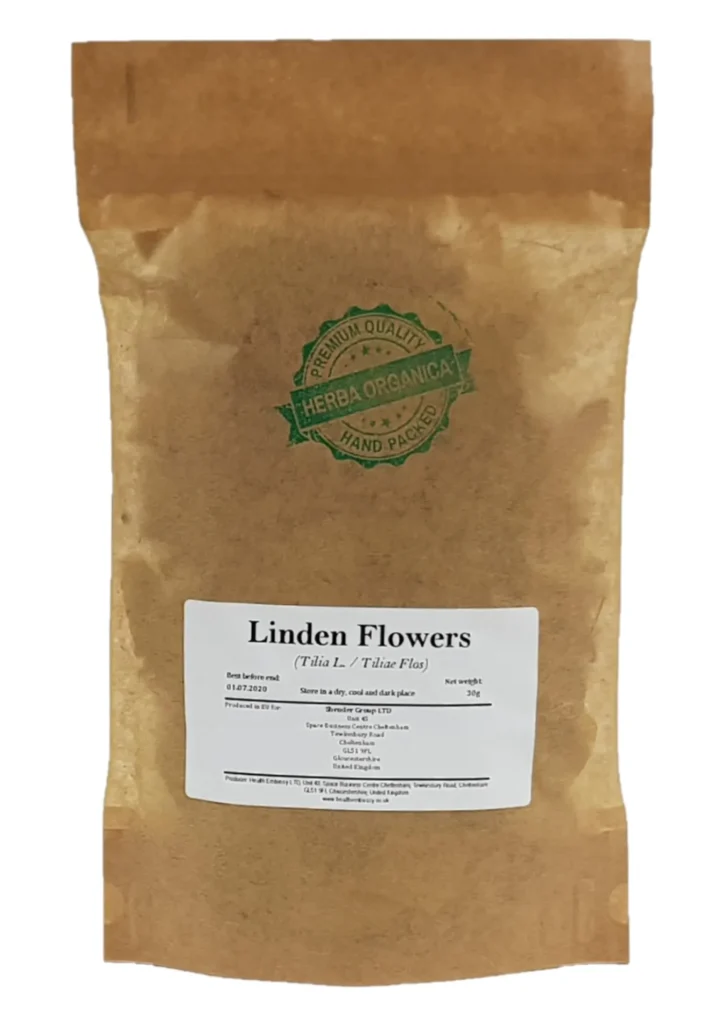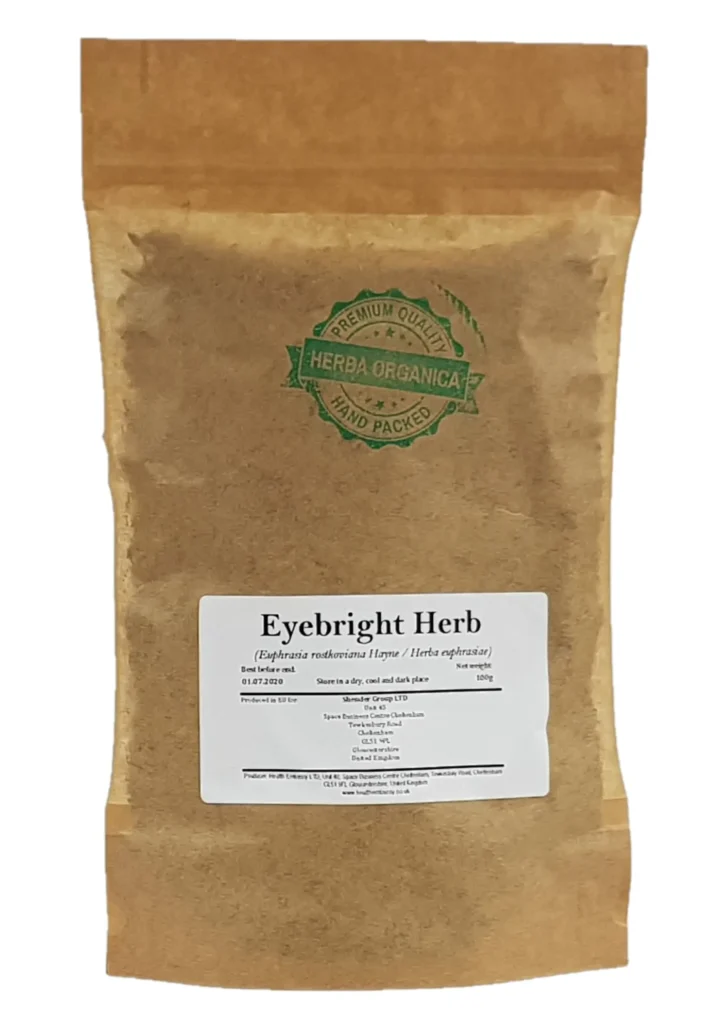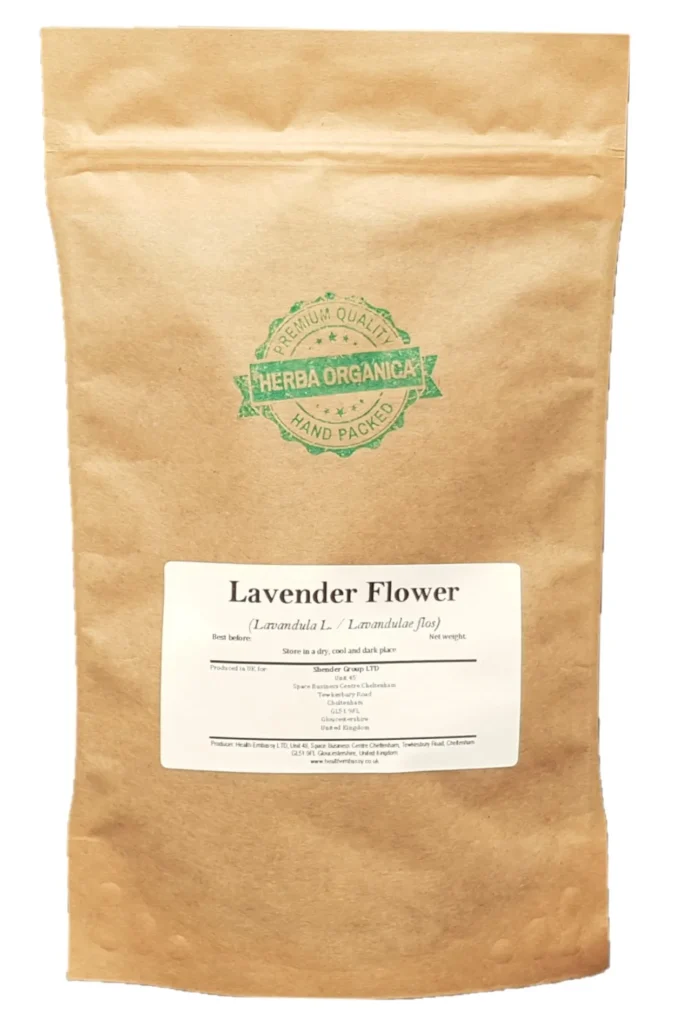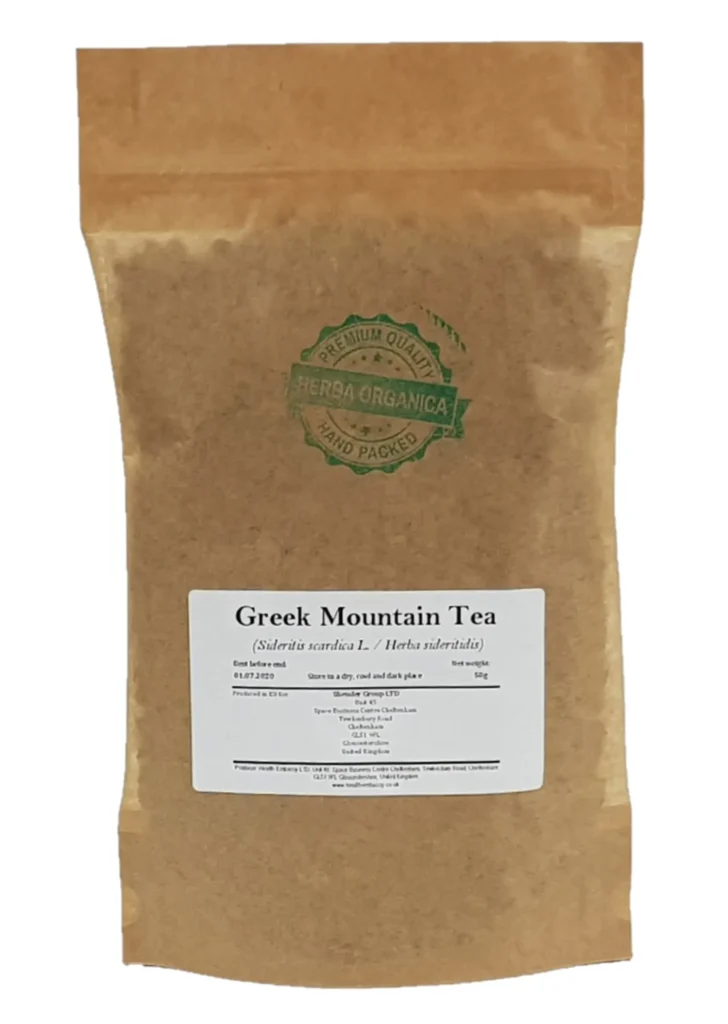No products in the basket.
🌿 Herbal Apothecary: Create Your Blissful Home Sanctuary 🌿
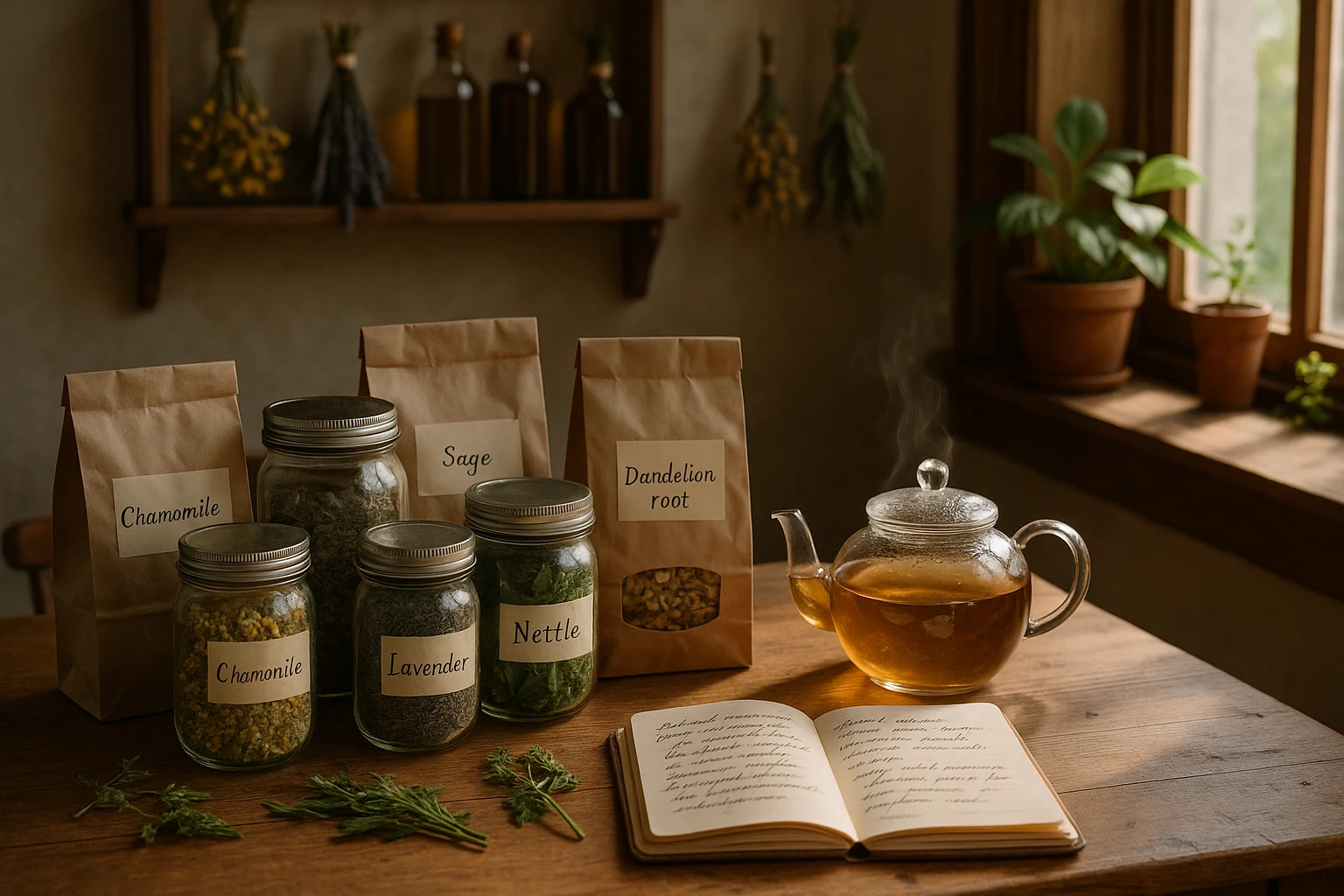
Imagine opening a beautifully organized shelf filled with the aroma of dried herbs, the gentle colors of flowers, and the natural scents of essential oils 🌱. Each jar and bottle tells a story, offering a small moment of calm, a dash of creativity, or a simple way to care for yourself. This is the essence of a herbal apothecary—a personal space where nature meets daily life, giving you the tools to craft teas, tinctures, balms, and other plant-based creations that support your routines and wellness.
A herbal apothecary is more than a collection of herbs; it’s a practical, hands-on way to bring intentional care into your home. Whether you’re seeking soothing teas, gentle skincare options, or a small ritual to start or end your day, your own herbal apothecary allows you to explore the possibilities of herbs in a meaningful and organized way.
Creating your herbal apothecary is both practical and rewarding. It encourages mindfulness, experimentation, and organization while offering multiple ways to enjoy the herbs you collect. From teas and infusions to balms and tinctures, each plant can serve several purposes, helping you make the most of your collection while establishing a calming, intentional routine at home.
What is a Herbal Apothecary?
A modern herbal apothecary is much more than an aesthetic display of bottles and jars. It is a functional space that fits your lifestyle and allows you to access your herbs quickly and efficiently. This space can be a dedicated cupboard, shelf, or even a decorative box, where herbs are organized by type, use, or season 🌿.
Your herbal apothecary can include:
- Dried herbs for teas, infusions, and culinary experiments 🍵
- Tinctures and liquid extracts for concentrated, ready-to-use solutions
- Infused oils for salves, massage, or skincare applications 🪷
- Salves and balms for minor skin irritations or moisturizing needs
- Herbs for baths or hair rinses 🛁
Think of it as a toolkit rather than a medicine cabinet. Your collection should evolve with your needs, focusing on herbs that are versatile, easy to use, and high-quality rather than trying to collect everything at once.
Step 1: Identify Your Needs
Before adding herbs to your herbal apothecary, it’s helpful to consider how you plan to use them and what you hope to achieve. A thoughtful approach ensures your collection is practical, useful, and enjoyable.
Ask yourself:
- What effects do I want from my herbs? Calm, focused, energized, or generally balanced?
- Which daily or seasonal challenges do I face that herbs could support? Examples include difficulty relaxing, occasional tension, or digestive concerns.
- How will I use my herbal apothecary? For teas, self-care rituals, cooking, or skincare?
Answering these questions will help you prioritize herbs that match your lifestyle and intentions. A personal herbal apothecary built this way is both sustainable and functional.
Step 2: Build Your Core Herbal Apothecary
Some herbs are particularly versatile, making them ideal for a beginner’s herbal apothecary. Here are ten essential herbs with practical uses to check out:
1️⃣ Dandelion Root & Leaf (Taraxacum officinale) 🌼
Dandelion is more than a common weed—it is highly versatile and nutrient-rich.
How to Use: Root tea alone or blended with other herbs; leaves in teas for overall vitality.
Root: Roast and brew as a caffeine-free coffee alternative with a rich, earthy flavor.
Leaf: Add to teas or salads for potassium, vitamins, and mild bitterness.
2️⃣ Stinging Nettle Leaf (Urtica dioica) 🌿
Nettle is a nutrient-dense tonic herb suitable for daily use, offering a natural way to enjoy its properties.
How to Use: Brew daily as a tea, or add to soups, stews, or other dishes for flavor and nutrition.
Properties: Packed with minerals, vitamins, and chlorophyll, nettle might support overall wellness and vitality.
3️⃣ Chamomile Flower (Matricaria chamomilla) 🌼
Chamomile is gentle and versatile, ideal for enjoying as part of a calming routine.
How to Use: Brew as an evening tea or prepare compresses for a soothing experience.
Properties: Naturally aromatic and calming, chamomile might support relaxation and a sense of comfort.
4️⃣ Horsetail Herb (Equisetum arvense) 🌾
Horsetail is valued for its high silica content and versatile use in herbal preparations.
How to Use: Prepare as a long-steeped tea, or decoction to enjoy its natural properties.
Properties: Rich in minerals, horsetail might support overall wellness and a balanced routine.
5️⃣ Sage Leaf (Salvia officinalis) 🌿
Sage has culinary and practical uses, making it a versatile and aromatic addition to your herbal apothecary.
How to Use: Brew as a tea for gargling, use in cooking, or enjoy in other herbal preparations.
Properties: Naturally aromatic and flavorful, sage might support a balanced and comforting routine.
6️⃣ Linden Flower (Tilia spp.) 🌸
Linden is a mild herb with a gentle, soothing character, perfect for adding to your herbal apothecary.
How to Use: Brew as a tea with a delicate, honey-like flavor, enjoyed at any time of day.
Properties: Naturally calming and aromatic, linden might support a sense of relaxation and comfort.
7️⃣ Eyebright Herb (Euphrasia officinalis) 👀
Eyebright is traditionally used for gentle eye care and is a valued addition to your herbal apothecary.
How to Use: Can be prepared as a properly made compress for the eyes, or brewed as a mild tea.
Properties: Mild and soothing, eyebright might support comfort and relaxation for the eyes.
8️⃣ Common Mallow Leaf & Flower (Malva sylvestris) 🌿
Common Mallow is a gentle herb with soft, soothing properties, making it a versatile addition to your herbal apothecary.
How to Use: Prepare as a cold infusion to preserve its natural mucilage; can be enjoyed in teas or other herbal preparations.
Properties: Naturally soothing and mild, mallow might support comfort for the respiratory and digestive system.
9️⃣ Lavender Flower (Lavandula angustifolia) 💜
Lavender is a fragrant and versatile herb, perfect for teas, baths, or other herbal preparations in your apothecary.
How to Use: Brew as a tea, add to bath soaks, or use as a diluted essential oil for aromatherapy.
Properties: Naturally aromatic and calming, lavender might support relaxation and a sense of well-being.
🔟 Greek Mountain Tea (Sideritis spp.) 🌿
Greek Mountain Tea is a mild and aromatic herb, ideal for enjoying in your herbal apothecary.
How to Use: Brew as a daily tea to enjoy its gentle, floral flavor and soothing qualities.
Properties: Naturally rich in aroma and minerals, Greek Mountain Tea might support a balanced and comforting routine.
Step 3: Forms of Your Herbal Apothecary
A herbal apothecary can be more than dried herbs. It can include a variety of preparations for different needs:
- Tinctures & Extracts: Concentrated liquid herbs stored for convenience.
- Infused Oils: Capture lipophilic properties of herbs for salves, balms, and body oils.
- Salves & Balms: Thickened with beeswax for topical use on dry skin or irritations.
- Baths & Soaks: Add relaxing herbs like chamomile or lavender to enhance the bath experience.
- Herbal Rinses: Nettle or horsetail tea used as a hair rinse can improve shine and strength.
By including multiple forms of herbs, your herbal apothecary becomes versatile and practical, allowing you to adapt herbs for different needs.
Step 4: Sourcing and Storing Herbs
The effectiveness of a herbal apothecary depends heavily on the quality of the herbs.
- Purity & Origin: Choose ethically sourced, high-quality herbs to ensure they are free from pesticides and contaminants. For more information on the safety and proper use of herbs, consult trusted resources such as MedlinePlus Herbs & Supplements, which provides reliable guidance.
- Sustainable Practices: Support growers who practice ethical harvesting to maintain plant populations for future generations.
- Proper Storage: Keep herbs in original pouches or airtight glass jars, away from sunlight, heat, and moisture. Label each jar with the herb’s name and the date of purchase. A cool, dark cupboard is ideal for maintaining potency and freshness.
Proper sourcing and storage ensure your herbs remain effective and safe for use over time.
Step 5: Practical Tips for Using Your Herbal Apothecary
Once your herbal apothecary is set up, it’s useful to have a few practical tips:
- Start small with a few versatile herbs and gradually expand your collection.
- Keep your most frequently used herbs easily accessible for daily use.
- Experiment with blending herbs for teas or creating simple body care products.
- Keep a journal to track how herbs affect you, including taste, aroma, and effects.
- Rotate herbs seasonally, using fresh or dried ingredients that match the time of year.
By following these steps, your herbal apothecary becomes a practical and enjoyable part of daily life, offering both wellness support and creative opportunities for herbal exploration.
Your Herbal Apothecary Journey
Creating a personal herbal apothecary is a rewarding process that combines organization, mindfulness, and practical knowledge. Start with a few herbs, learn their properties, and explore how they can be incorporated into your routines. Over time, your collection will grow into a versatile toolkit that supports teas, skincare, bath rituals, and more.
A herbal apothecary is a tool for everyday wellness—functional, empowering, and deeply personal 🌿. By carefully selecting herbs and organizing them thoughtfully, you can create a home sanctuary that encourages calm, balance, and practical use of nature’s resources.
With your herbal apothecary, every cup of tea, every infusion, and every small ritual becomes part of a consistent practice that enhances daily life. Take your time, experiment with new herbs, and enjoy the process of building a collection that reflects your needs, preferences, and personal journey.
FAQ: Herbal Apothecary 🌿
1️⃣ What is a herbal apothecary?
A herbal apothecary is a personal collection of herbs, teas, tinctures, and other plant-based preparations designed to support your daily wellness, self-care routines, and simple home rituals. It offers a practical and versatile way to explore herbs in multiple forms and incorporate them into your lifestyle.
2️⃣ How do I start my own herbal apothecary?
You can start your herbal apothecary with a few versatile herbs that match your needs, such as chamomile, lavender, or nettle. Organize them in jars, boxes, or on a dedicated shelf, and gradually expand your collection as you learn how to use each herb. Focus on selecting high-quality and practical herbs rather than trying to collect everything at once.
3️⃣ What herbs should I include in a beginner’s herbal apothecary?
For beginners, essential herbs in a herbal apothecary include dandelion root and leaf, stinging nettle leaf, chamomile flower, horsetail herb, sage leaf, linden flowers, eyebright herb, common mallow leaf and flower, lavender flower, and Greek mountain tea. These herbs are versatile and can be used in teas, infusions, baths, or skincare preparations.
4️⃣ What forms can a herbal apothecary include?
A complete herbal apothecary can include dried herbs for teas and infusions, tinctures or liquid extracts for concentrated use, infused oils for making salves or skincare products, salves and balms for topical application, herbal baths and soaks for relaxation, and herbal rinses that can be used for hair or body care. Each form allows you to use herbs in practical and creative ways.
5️⃣ How do I store herbs in a herbal apothecary?
Herbs should be stored in airtight glass jars or their original pouches, kept away from sunlight, heat, and moisture. Label each jar with the herb’s name and purchase date. Keeping your herbs in a cool, dark cupboard preserves their potency and freshness, ensuring your herbal apothecary remains effective over time.
6️⃣ Can a herbal apothecary be used for cooking and skincare?
Absolutely. A herbal apothecary is highly versatile. Herbs can be brewed as teas, incorporated into culinary recipes, infused into oils for skincare, made into salves, or used in baths and compresses. The possibilities are numerous, depending on the properties of each herb and your intended use. For reliable information on herbal products and their safe use, Cornell Health provides helpful guidance for both beginners and experienced users.
7️⃣ How can I make my herbal apothecary more effective?
To make your herbal apothecary more effective, start with a few essential and versatile herbs and gradually expand your collection as you gain experience. Keep frequently used herbs easily accessible for daily use, experiment with blending herbs for teas or DIY skincare, track your experiences in a journal, and rotate herbs seasonally to align with your needs and the changing year.
Disclaimer
The information on this blog is for educational and informational purposes only. It is not medical advice and is not a substitute for professional healthcare guidance. Always consult with a qualified healthcare professional, such as your doctor or pharmacist, before using any herbal products, especially if you are pregnant, nursing, taking medication, or have a known health condition.


